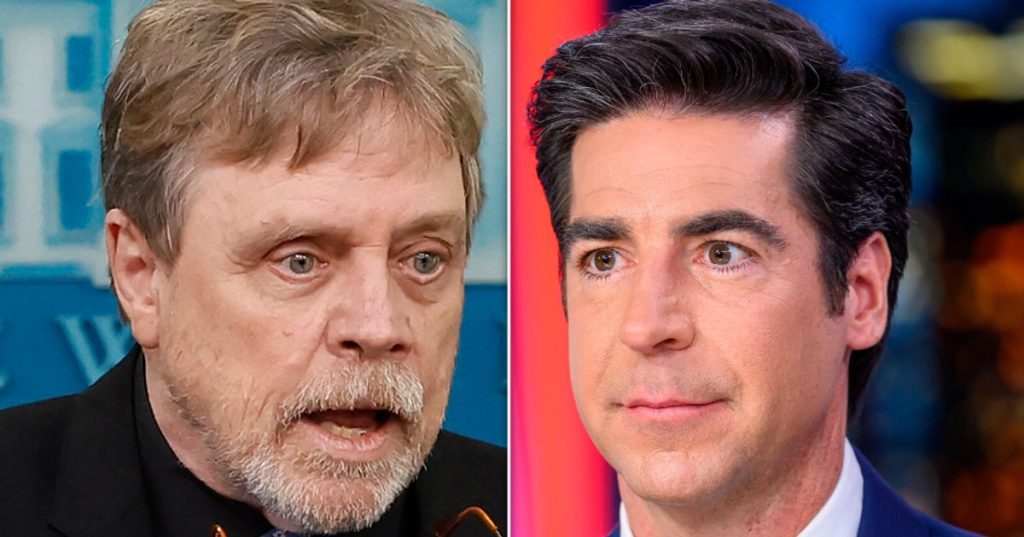Fox News anchor Tucker Carlson faced backlash after making controversial comments during a live segment. In a widely circulated clip, Carlson dismissed concerns about police violence against Black Americans, arguing that the real problem in America is not systemic racism but the decline of the nuclear family. His comments were met with outrage from viewers, activists, and fellow journalists, who accused him of downplaying the impact of racism and racial inequality in the criminal justice system.
This is not the first time Carlson has sparked controversy with his commentary. The conservative commentator has a history of making inflammatory remarks on various topics, including immigration, race relations, and the COVID-19 pandemic. Despite facing criticism and calls for his resignation, Carlson remains a polarizing figure on conservative media, with a loyal base of supporters who view him as a champion of conservative values and free speech.
The backlash against Carlson highlights the ongoing debate over media responsibility and the role of journalists in shaping public discourse. Critics argue that Carlson’s comments contribute to the spread of misinformation and perpetuate harmful stereotypes, while supporters defend his right to express his opinions, even if they are controversial or unpopular. The incident also raises questions about the need for diversity and representation in media, as many argue that Carlson’s privileged background and limited perspective influence his views on race and social issues.
Despite the controversy, Fox News has stood by Carlson, with network executives defending his right to free speech and dismissing calls for his removal. This is not the first time the network has faced criticism for its coverage and commentary, with many accusing Fox News of promoting right-wing propaganda and misinformation. The incident has reignited discussions about media bias and the impact of partisan news outlets on public perception and political polarization.
In the wake of the backlash, Carlson issued a statement doubling down on his comments and accusing his critics of engaging in cancel culture and censorship. He argued that he was not denying the existence of racism or police brutality but questioning the narrative that systemic racism is the root cause of social inequality. While some have praised Carlson for his willingness to challenge mainstream narratives, others have condemned his remarks as tone-deaf and insensitive, particularly in light of ongoing protests over police violence and racial injustice.
The incident serves as a reminder of the power and responsibility of media figures in shaping public opinion and influencing political discourse. As one of the most-watched cable news hosts in the country, Carlson’s words carry weight and can have a significant impact on public perception. The controversy surrounding his comments underscores the need for journalists to approach sensitive topics with care and empathy, while also highlighting the challenges of navigating the complex and often divisive landscape of modern media.


